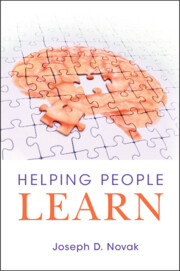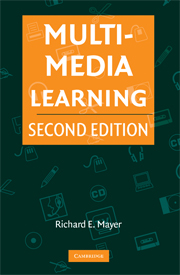How We Think and Learn
Written in a conversational and engaging manner, How We Think and Learn introduces readers to basic principles and research findings regarding human cognition and memory. It also highlights and debunks twenty-eight common misconceptions about thinking, learning, and the brain. Interspersed throughout the book are many short do-it-yourself exercises in which readers can observe key principles in their own thinking and learning. All ten chapters end with concrete recommendations - both for readers' own learning and for teaching and working effectively with others. As an accomplished researcher and writer, Jeanne Ellis Ormrod gives us a book that is not only highly informative but also a delight to read.
- Uses an engaging, conversational, and occasionally humorous style to explain key concepts and principles underlying human cognition, learning, and brain function
- Provides a comprehensive overview of key topics in the field, such as brain structure and functioning, the nature of working memory and long-term memory, effective learning strategies, metacognition and self-regulation
- Highlights twenty-eight common misconceptions about thinking, learning, memory and the brain
- Provides many concrete examples to illustrate key points; some examples are results of research studies, whereas others are the author's personal anecdotes
Reviews & endorsements
'… complements basic knowledge of cognitive processes with suggestions for application.' Alisha Francis, PsychCRITICS
Product details
No date availableAdobe eBook Reader
9781316730812
0 pages
0kg
Table of Contents
- 1. The general nature of human cognition and learning: probably not quite what you think
- 2. The human brain: the hardware of our thinking and learning
- 3. Cognition and learning as constructive processes: finding order in chaos
- 4. Key components of the human memory system: an overly simplistic yet useful model
- 5. In-depth cognitive processing: maximizing the 'long-term' in long-term memory
- 6. Remembering, forgetting, and misremembering: why long-term memory isn't always dependable
- 7. Metacognition: thinking about thinking
- 8. Conceptual change: revising our understandings when revisions are called for
- 9. Bringing other factors into the picture: how emotions, dispositions, and attributions affect thinking and learning
- 10. Self-regulating our behavior: turning intentions into actions
- Appendix
- References
- Index.






